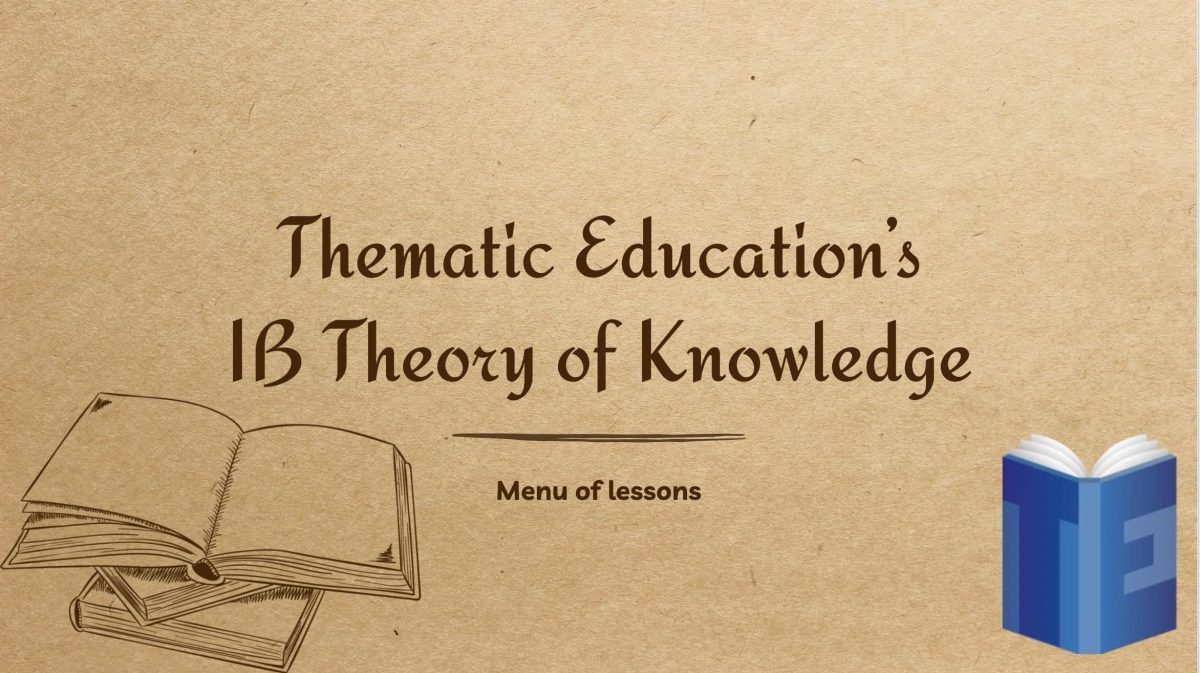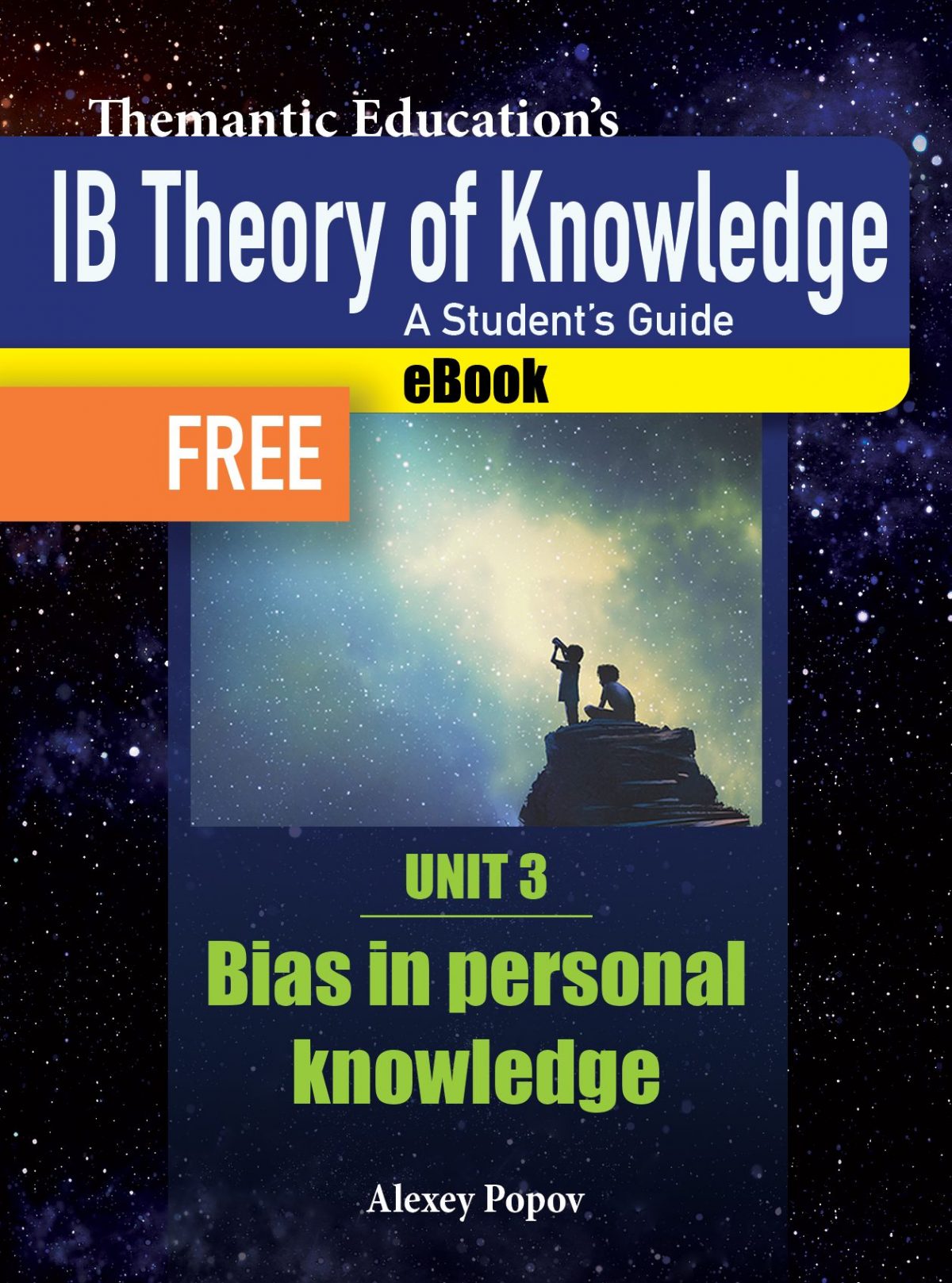*** Problem *** A big change in my day-to day teaching of TOK that I made recently is the introduction of workbooks into every lesson. I was looking back at my teaching experience and realised one thing. When we start teaching this new daunting subject, we worry a lot more about how we will teach than how our students will …
Does TOK as a subject have its own content?
I heard many times how someone claimed that TOK as a subject has no content of its own. TOK, they said, uses the content knowledge students already have from all their other subjects, and the purpose of TOK is to reflect on that knowledge. I understand where they are coming from, but I disagree. I think that perhaps the biggest …
Themantic Education’s menu of lessons
We believe in the powerful combination of structure and flexibility. That’s how Themantic TOK materials are designed. On the one hand, you can take our materials and use it as a ready-made, fully developed course. Follow our sequence of lessons, use our lesson plans, activities and workbooks, and take your students through this whole pre-designed learning experience. On the other …
Personal and shared knowledge as an opportunity: Why we need these terms back when we teach thematically
This blog post belongs to a series entitled “Traps and loopholes in the new TOK syllabus”. You can access the full list of blog posts in the series here. In the previous blog post (see here) I suggested that the distinction between personal and shared knowledge was removed from the new Guide because it does not sit well with the …
Personal and shared knowledge as a trap: Why has the difference been removed?
This blog post belongs to a series entitled “Traps and loopholes in the new TOK syllabus.” You can access the full list of blog posts in the series here. Earlier I explored traps and opportunities in the new TOK syllabus associated with the “compulsory” knowledge framework and the new “themes” (for an overview of the new TOK spec, see The …
Themes as a trap: TOK essay is based on areas of knowledge
This is the forth in a series of blog posts entitled “Traps and loopholes in the new TOK syllabus”. You can access the full list of blog posts in the series here. Earlier I explored traps and opportunities linked to the “compulsory” knowledge framework in the new TOK spec. Now it’s time to switch over to another key addition in …
Download FREE eBook
Alexey Popov and the ThemEd team have been working hard on our new TOK textbook, “TOK: A Student’s Guide.” The entire third chapter, “Bias in Personal Knowledge” is now available for free on our website. DOWNLOAD FREE eBOOK HERE! Like all themantic materials, this eBook chapter “Bias in Personal Knowledge” from our new TOK textbook is based on addressing real world …
Compulsory knowledge framework as a trap: distribution of lesson time
It is a requirement of the new syllabus that every unit in the course (such as the themes and the areas of knowledge) should include knowledge questions from each of the four elements of the knowledge framework (Scope, Methods and Tools, Perspectives, Ethics). Earlier I wrote about one thing that could potentially go wrong here – the danger of artificial …
Compulsory knowledge framework as a trap: artificial boundaries
Want to know what traps and pitfalls to look out for in the new TOK syllabus? In this post, I’ll show you what to look out for with the new “compulsory” elements of the knowledge framework. Read More: For an overview of the new TOK spec, see The new TOK syllabus at a glance. This is the first in a …
Traps and loopholes in the new TOK syllabus
This is the first in a series of blog posts that explores the aspects of the new IB TOK syllabus that are most crucial for your planning of the course. These will be pragmatic posts (no lofty pedagogy). They will focus on the stuff in the new Guide that is written between the lines. Read More: For an overview of …
- Page 1 of 2
- 1
- 2









